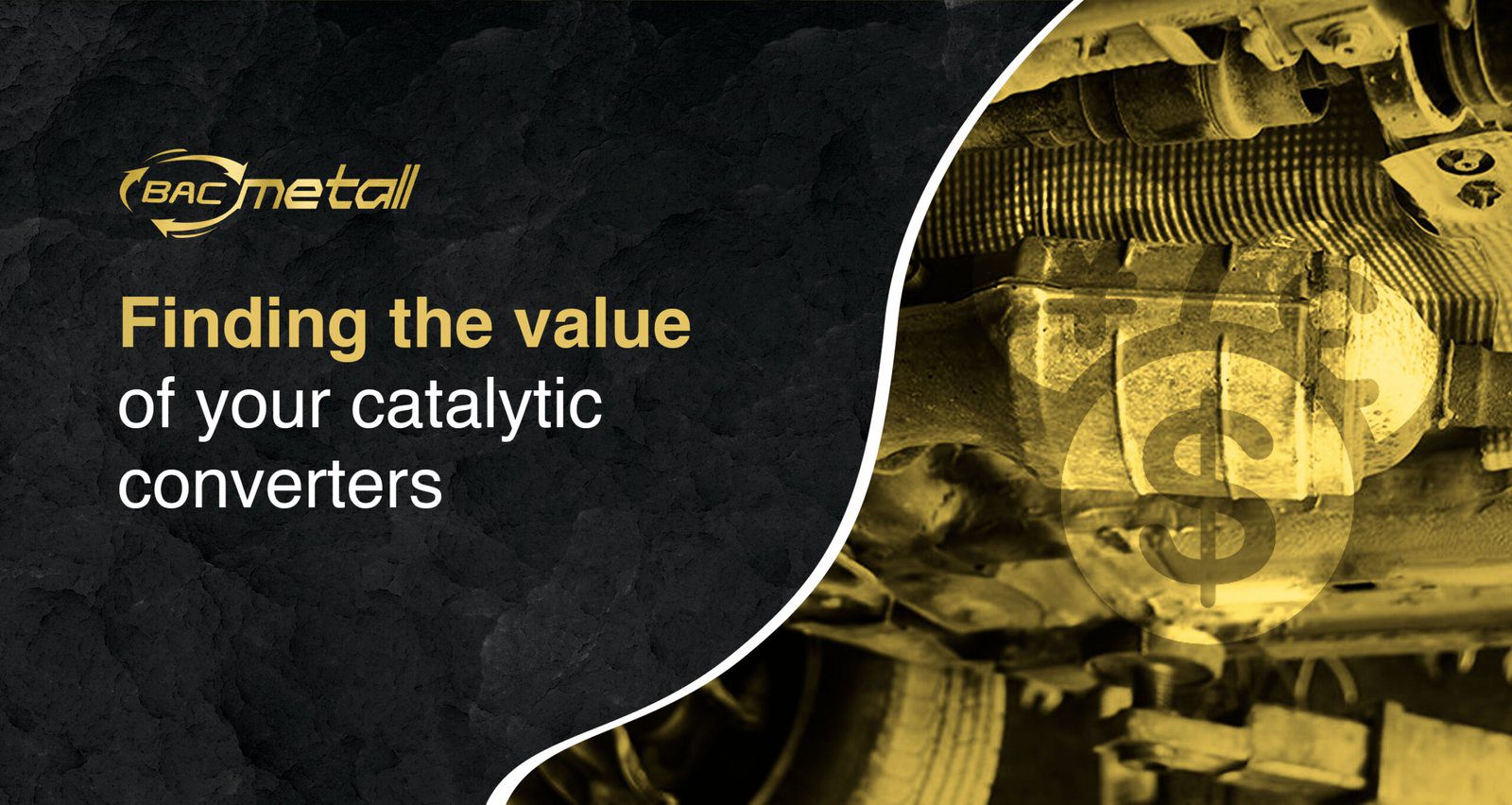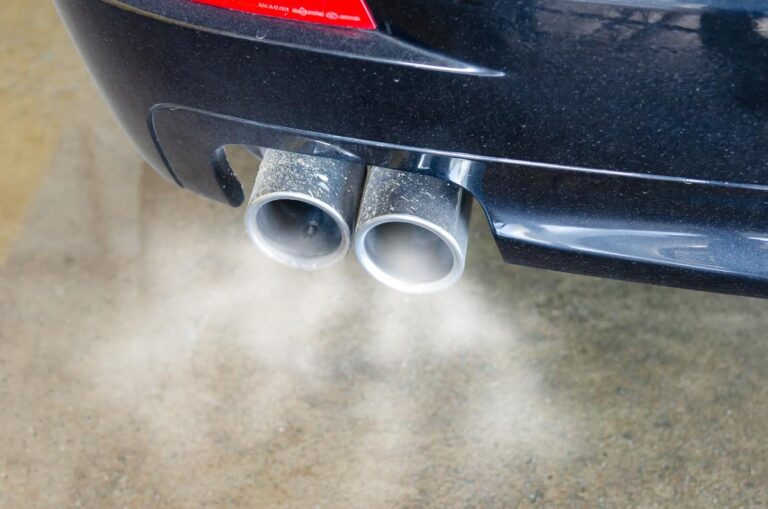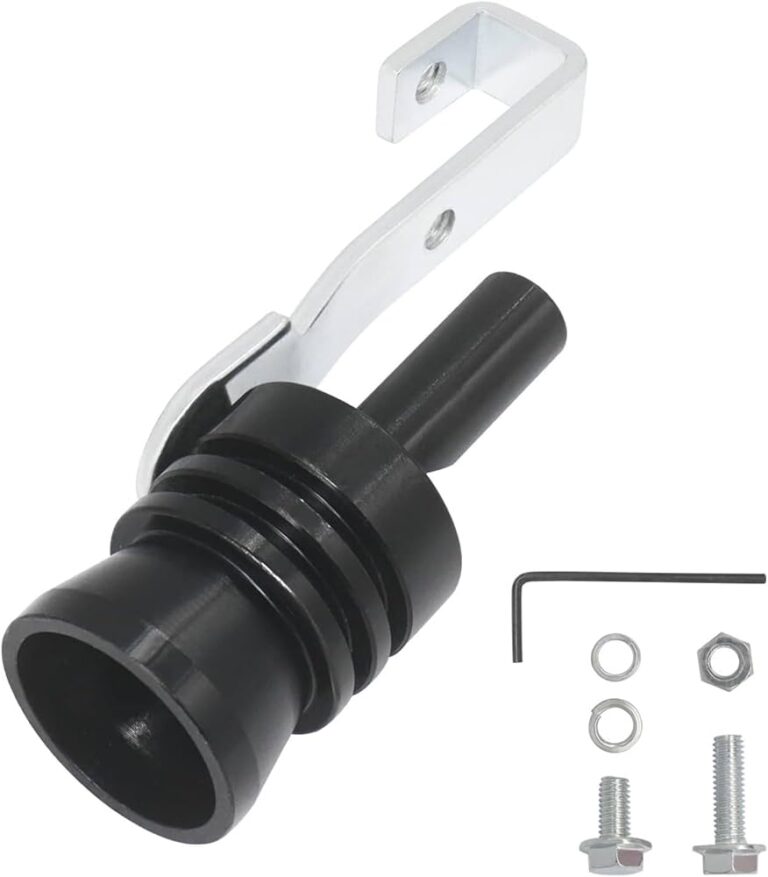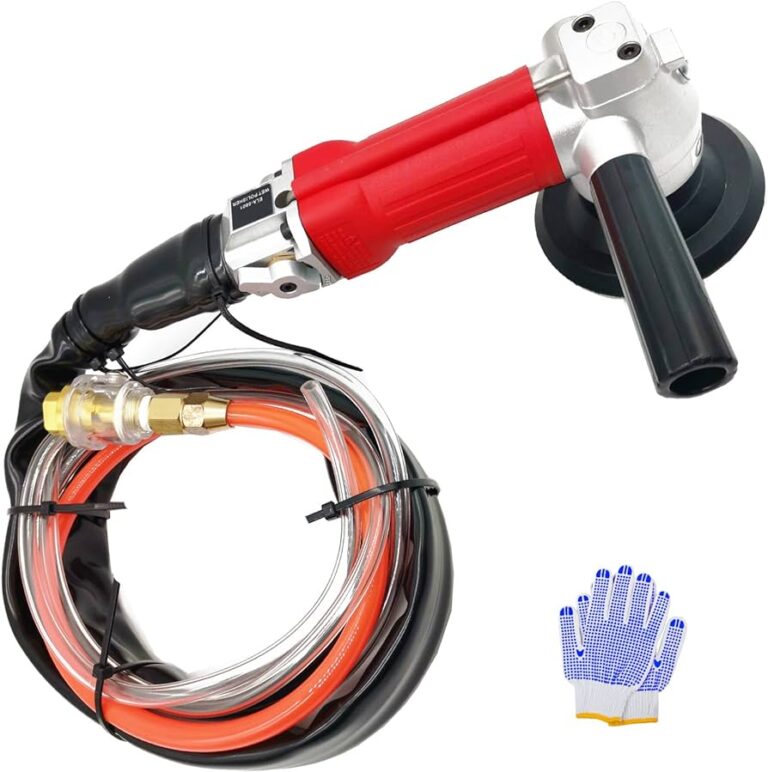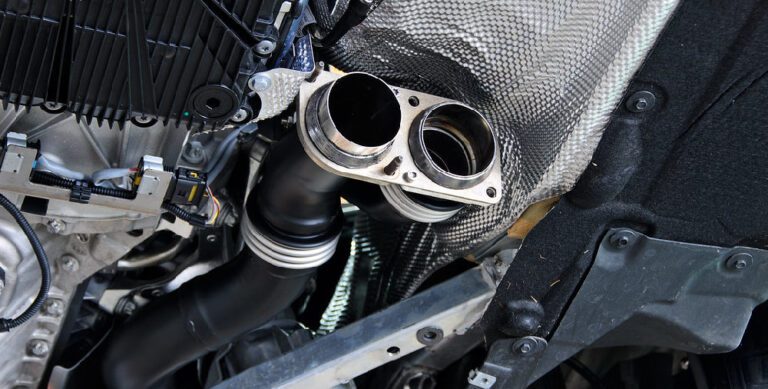Do You Really Need Your Catalytic Converter: Uncovering the Benefits
Yes, you need your catalytic converter as it helps reduce harmful emissions from your vehicle. Your catalytic converter plays a crucial role in reducing the harmful emissions produced by your vehicle.
By converting harmful gases into less harmful substances, it helps to reduce pollution in the environment. Additionally, having a functioning catalytic converter is a legal requirement in many areas, and not having one or removing it can result in fines or penalties.
This important component of your exhaust system should be regularly inspected and replaced if necessary to ensure your vehicle runs efficiently and responsibly. We will discuss the function of a catalytic converter, signs of a failing converter, and maintenance tips to keep your converter running smoothly.
Understanding The Role Of A Catalytic Converter
htmlA catalytic converter is a crucial component of a vehicle’s exhaust system. It consists of three main parts:
- The catalyst: This is the most important part of the converter, responsible for facilitating chemical reactions that convert harmful gases into less harmful substances.
- The housing: It encases the catalyst and secures it in place within the exhaust system.
- The oxygen sensors: These sensors monitor the oxygen levels in the exhaust gases and provide feedback to the engine control unit.
The purpose of a catalytic converter is to reduce harmful emissions released into the environment. It achieves this by catalyzing chemical reactions that transform harmful gases such as carbon monoxide (CO), nitrogen oxides (NOx), and hydrocarbons (HC) into less harmful substances like carbon dioxide (CO2), nitrogen (N2), and water vapor (H2O).
By utilizing precious metals, such as platinum, palladium, and rhodium, the converter promotes the oxidation and reduction reactions necessary for emission reduction. The metals act as catalysts, accelerating the conversion process.
Benefits Of Having A Catalytic Converter
htmlHaving a catalytic converter installed in your vehicle offers several advantages, including environmental impact and reducing air pollution. This device is essential for meeting emission standards and legal requirements in many countries. It helps filter harmful pollutants produced by the engine, transforming them into less harmful substances and thus reducing air pollution.
Another benefit of having a catalytic converter is improved fuel efficiency and engine performance. By aiding in the combustion process, it allows for more efficient fuel burn, which can result in increased fuel efficiency. Additionally, a catalytic converter can help maintain optimal engine performance by ensuring that exhaust gases are properly dealt with.
Signs Of A Failing Catalytic Converter
A failing catalytic converter can result in various issues that can negatively impact your vehicle’s performance and emissions. By being aware of the common symptoms, you can take prompt action to address any potential issues:
- Check Engine Light: The most common indicator of a faulty catalytic converter is the illumination of the check engine light on your dashboard.
- Poor Performance: A struggling converter can lead to decreased acceleration, reduced power, and overall decreased vehicle performance.
- Unusual Exhaust Odors: A failing converter may produce a distinct, strong odor resembling rotten eggs due to the presence of sulfur compounds.
- Inefficient Fuel Consumption: Fuel efficiency can be negatively affected as a result of a failing catalytic converter.
Diagnosing a faulty catalytic converter involves various methods:
- Diagnostic Scan: A diagnostic tool can be used to retrieve trouble codes and pinpoint any potential converter-related issues.
- Inspection: A visual inspection can help identify physical damage, such as cracks, leaks, or a discolored converter.
- Exhaust Gas Analysis: Measuring the levels of specific gases in the exhaust can indicate whether the converter is operating efficiently.
- Backpressure Test: Determining the exhaust backpressure can provide valuable insights into the functionality of the catalytic converter.
If left unaddressed, a damaged catalytic converter can have severe consequences:
- Reduced Performance: Continued use of a failing converter can lead to a significant decrease in engine power and vehicle performance.
- Emissions Non-Compliance: A damaged converter can cause your vehicle to emit pollutants that exceed legal levels, possibly resulting in failed emissions tests.
- Engine Damage: The converter’s failure to properly filter exhaust gases can lead to increased stress on the engine and potentially damage other related components.
- Costly Repairs: Ignoring a faulty catalytic converter can result in more extensive damage, leading to expensive repairs or even the need for a complete replacement.
Maintaining And Replacing Your Catalytic Converter
A catalytic converter is an essential component of your vehicle’s exhaust system. It helps reduce harmful emissions and plays a crucial role in maintaining the overall performance of your car. To ensure that your catalytic converter functions optimally and lasts longer, here are some regular maintenance tips that you should consider:
- Keep your engine running efficiently: A well-maintained engine reduces the risk of damage to the catalytic converter.
- Use high-quality fuel: Poor-quality fuel can lead to increased emissions and potentially damage the converter.
- Regularly inspect for damage: Look for signs of physical damage, such as dents or cracks, and address them promptly.
- Fix any engine issues promptly: Engine problems can cause the catalytic converter to overheat and fail.
Despite regular maintenance, there may come a time when replacement is necessary. Some indications that you may need to replace your catalytic converter include:
- Inefficiency: If your vehicle fails an emissions test or experiences reduced fuel efficiency, it may be a sign of a failing converter.
- Noisy operation: Unusual noises, such as rattling or hissing, could indicate a damaged converter.
- Check engine light: If the check engine light is continuously on, it may be due to a faulty catalytic converter.
The cost of replacing a catalytic converter can vary depending on various factors such as the make and model of your vehicle, the type of converter required, and labor costs. It is essential to consult a qualified mechanic to assess the condition of your converter and provide an accurate cost estimate.
Catalytic Converter Removal: Pros And Cons
Do You Need Your Catalytic Converter
Catalytic Converter Removal: Pros and Cons
Reasons why some individuals consider removing their catalytic converters
The decision to remove a catalytic converter is often driven by various factors. Some individuals believe that removing a catalytic converter can increase the overall performance and horsepower of their vehicle. By eliminating this emissions control device, they may perceive improvements in fuel efficiency and engine output. Others may remove their catalytic converter to save money on repairs or replacements, as a new converter can be quite expensive.
The potential consequences and drawbacks of removing a catalytic converter
Despite the perceived benefits, removing a catalytic converter can have negative implications for both the environment and the vehicle. Without a catalytic converter, harmful emissions from the vehicle’s exhaust can increase significantly, contributing to air pollution and posing a risk to human health. Furthermore, removing the catalytic converter may void the vehicle’s warranty and result in non-compliance with emission standards, which can lead to failed inspections and legal consequences.
Legal implications and regulations surrounding catalytic converter removal
It’s important to note that removing a catalytic converter is illegal in many countries and regions. Governments and environmental agencies have implemented strict regulations to curb vehicle emissions and protect the environment. Penalties for removing a catalytic converter can include fines and legal consequences. Before considering catalytic converter removal, it is crucial to research and understand the specific laws and regulations governing your location.
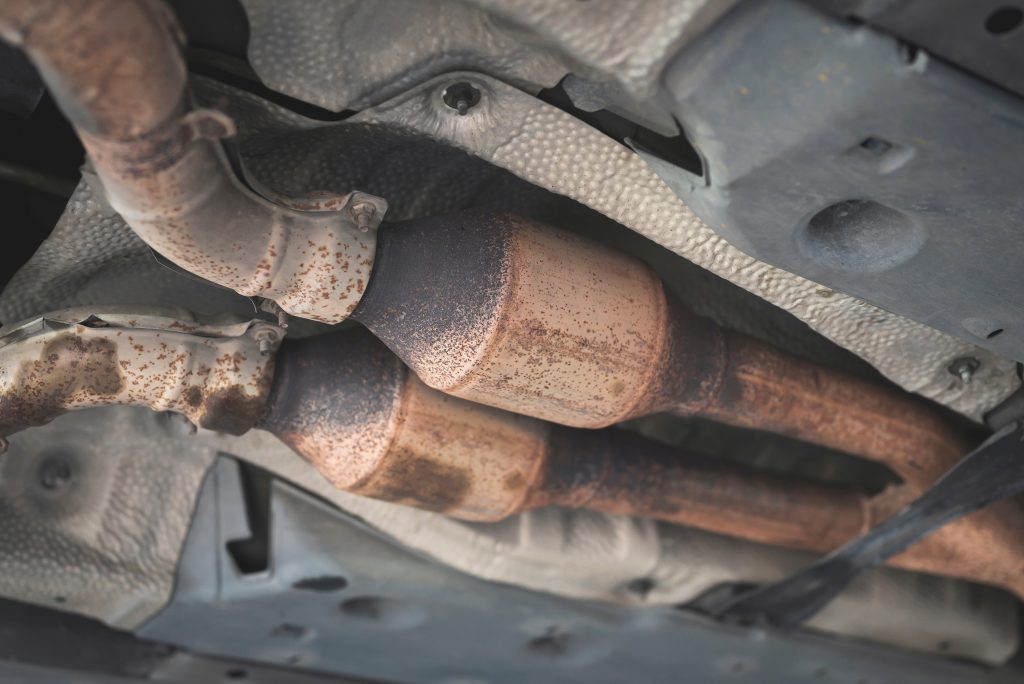
Credit: www.mansfieldbuickgmc.com
Alternative Options For Catalytic Converters
htmlA catalytic converter is an important component of a vehicle’s exhaust system, responsible for reducing harmful emissions. However, there are alternative options available for effectively controlling emissions.
Exploring alternative technologies for reducing emissions:
- Electric vehicles (EVs): EVs produce zero tailpipe emissions, making them a sustainable alternative to traditional gasoline-powered vehicles. They rely on battery-powered electric motors, eliminating the need for a catalytic converter altogether.
- Hydrogen fuel cell vehicles: These vehicles use a chemical reaction between hydrogen and oxygen to generate electricity, emitting only water vapor as a byproduct. Hydrogen fuel cell vehicles offer a clean and efficient way to reduce emissions.
- Lean-burn engines: Lean-burn engines operate with a higher air-to-fuel ratio, allowing for more complete combustion and lower emissions. They achieve this by using advanced engine management systems.
- Particulate filters: Particulate filters trap and remove solid particles from vehicle exhaust, reducing harmful particulate matter emissions. They are commonly used in diesel engines to improve air quality.
Pros and cons of alternative emission control systems:
| Alternative Option | Pros | Cons |
|---|---|---|
| Electric vehicles (EVs) | Zero tailpipe emissions Lower maintenance costs Reduced reliance on fossil fuels |
Limited driving range Longer charging times Availability of charging infrastructure |
| Hydrogen fuel cell vehicles | Zero tailpipe emissions Quick refueling times Long driving range |
Limited hydrogen refueling infrastructure Higher production costs Challenges in hydrogen storage |
| Lean-burn engines | Improved fuel efficiency Lower emissions of greenhouse gases Reduced dependence on catalytic converters |
Higher manufacturing costs Requires advanced engine management systems Potential for increased nitrogen oxide (NOx) emissions |
| Particulate filters | Effective reduction of particulate matter emissions Improved air quality Compatibility with existing engine technologies |
Potential for increased backpressure in the exhaust system Regular maintenance and replacement requirements Higher costs compared to traditional mufflers |
Future advancements and innovations in catalytic converter technology:
Researchers and engineers are continuously working towards improving catalytic converter technology. Some future advancements include:
- Next-generation catalyst materials with increased efficiency and durability.
- Integration of advanced sensors and control systems for optimized emission control.
- Development of catalytic converters that can effectively reduce greenhouse gas emissions.
Frequently Asked Questions On Do You Need Your Catalytic Converter
Can You Drive Without A Catalytic Converter?
Yes, you can drive without a catalytic converter, but it is illegal and harmful to the environment. A catalytic converter helps reduce harmful emissions and without it, your car will release pollutants at high levels.
What Happens If You Remove Your Catalytic Converter?
If you remove your catalytic converter, your car’s exhaust system will release toxic pollutants into the air, contributing to air pollution. Moreover, it is illegal in most countries and can result in fines or penalties.
How Much Does It Cost To Replace A Catalytic Converter?
The cost of replacing a catalytic converter can vary depending on the make and model of your car, as well as the type of converter needed. On average, you can expect to pay anywhere between $500 to $2500 for a new catalytic converter.
What Are The Signs Of A Bad Catalytic Converter?
Some signs of a bad catalytic converter include decreased engine performance, a rotten egg smell coming from the exhaust, and the check engine light illuminating. If you notice any of these signs, it’s important to get your catalytic converter checked by a professional.
Conclusion
Having a catalytic converter is essential for maintaining a clean and efficient vehicle. It not only helps in reducing harmful emissions but also ensures compliance with environmental regulations. The catalytic converter plays a crucial role in protecting the environment and improving air quality.
So, if you want to contribute to a greener future and avoid potential fines, make sure you have a functioning catalytic converter installed in your vehicle. Trust me, it’s worth the investment.
